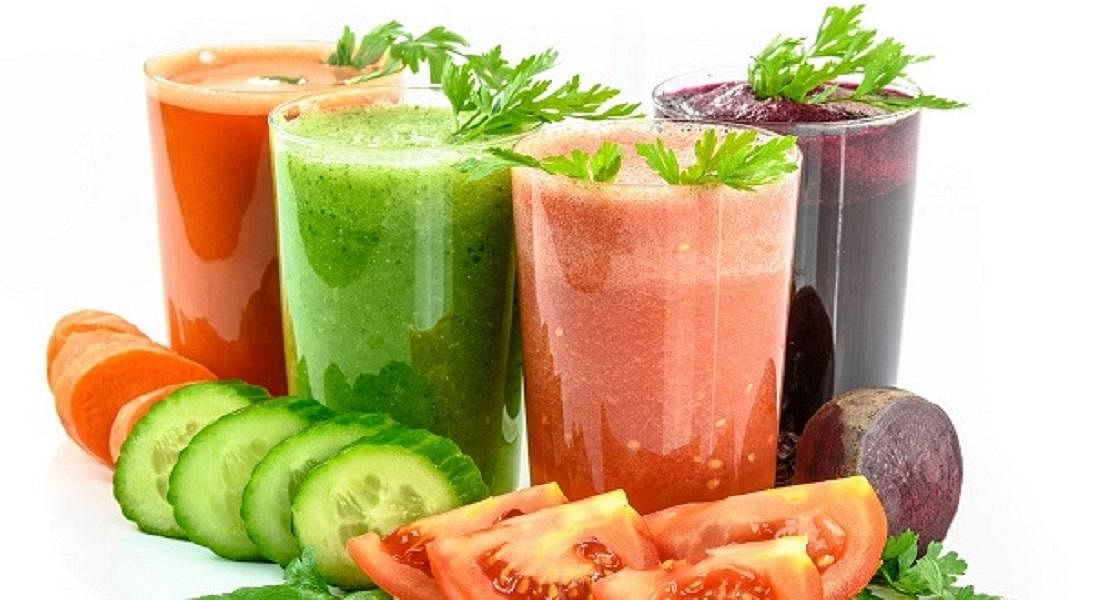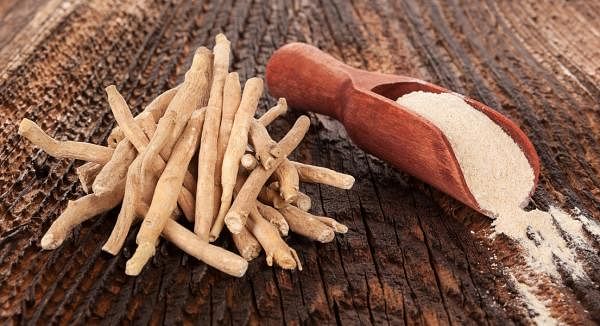Benefits of Antioxidants for Prostate Cancer
Why you can trust Nutri Advanced Every article on our site is researched thoroughly by our team of highly qualified nutritionists. Find out more about our editorial process.
A new study suggests that antioxidants can help to reduce oxidative stress in men with prostate cancer. This follows additional research, which recently found that oxidative stress has a part to play in prostate cancer.
The researchers studied known biomarkers of oxidative stress in prostate tissue, blood and urine. Higher antioxidant intake was associated with a lower concentration of 8-isoprostane – a well-recognised marker for lipid peroxidation.
“The results of this study and others warrant additional research in humans on the mechanisms underlying the relationship between dietary antioxidants and prostate tissue redox status and carcinogenesis, as well as determining whether this relationship may influence disease severity, progression and recurrence.”
“This study demonstrated that intake of antioxidants was associated with less oxidative stress among men with incident prostate cancer.”
Antioxidant nutrients are found in rich supply in a Mediterranean style diet, particularly in brightly-coloured fruits and vegetables. The health benefits of a Mediterranean diet are well-studied, as are the benefits of a high intake of fruits and vegetables. This study adds to this body of evidence linking a healthy diet to reduced cancer risk.
References:
Vance TM, Azabdaftari G, et al. Intake of dietary antioxidants is inversely associated with biomarkers of oxidative stress among men with prostate cancer. Published online ahead of print, British Journal of Nutrition doi: 10.1017/S0007114515004249
This website and its content is copyright of Nutri Advanced ©. All rights reserved. See our terms & conditions for more detail.
Nutri Advanced has a thorough research process and for any references included, each source is scrutinised beforehand. We aim to use the highest value source where possible, referencing peer-reviewed journals and official guidelines in the first instance before alternatives. You can learn more about how we ensure our content is accurate at time of publication on our editorial policy.
Most Popular Articles
-
7 Surprising Ways To Support Your Magnesium
If you are displaying signs of a magnesium deficiency, here are 7 ways to boost your magnesium levels that are easy to incorporate into your daily life. -
5 Best Vitamin C Supplements Picked By Our Experts
Learn more about the different types of vitamin C, the different benefits you get from different types, and what you get for spending more on a good supplement. -
Top 5 Vitamins For Energy And Tiredness Picked By Our Experts
The 5 best and most important vitamins for energy & tiredness including B vitamin food sources & best supplement forms for energy. -
Benefits of Myo-Inositol for Polycystic Ovary Syndrome (PCOS)
In this research review article, we take a closer look at a lesser-known natural compound called myo-inositol that has been found to have significant potential to improve many of the prevalent features of PCOS. -
Top 10 Reasons to Give Your Kids Omega-3
Read the top 10 reasons that kids should have plenty of Omega-3- an essential fatty acid- including for depression, brain function, sleep & reading/maths skills.











